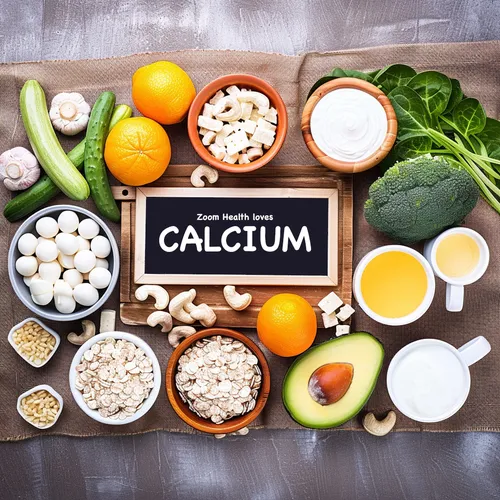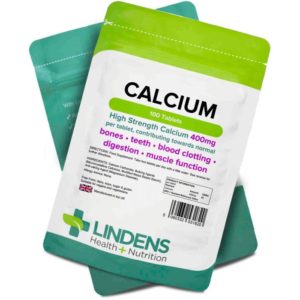The vital mineral your body needs
Calcium is an essential mineral that plays a number of important roles in your body. It helps build strong bones and teeth, regulates muscle contractions (including your heartbeat), and assists with blood clotting.
Getting enough calcium is vital for bone health. As you age, your risk of calcium deficiency rises, which can lead to conditions like osteoporosis and hypocalcaemia if left untreated.
Spotting the signs of calcium deficiency
Low calcium levels often don’t cause obvious symptoms at first. Later on, you may experience muscle cramps, fatigue, brittle nails, dry skin, mood changes and tingling in your extremities.
The impact on health
Left untreated, calcium deficiency can have severe impacts on your health over time. It is a key factor in developing osteoporosis later in life, which is an extremely common bone disease. More than 3 million people in the UK have osteoporosis, and it leads to over 500,000 broken bones each year.
Calcium deficiency also makes you more prone to fractures from minor bumps and accidents. Stress fractures can occur in active people when the bone lacks adequate mineral density to withstand repeated impacts. Maintaining healthy calcium levels reduces your chance of experiencing these painful and disruptive injuries.
How much calcium do you need?
Adults aged 19-64 are advised to get 700mg of calcium per day. The exact recommended amount varies based on your age, gender and health status – for example, infants need less while pregnant women need more.
Where to find calcium in your diet
You should be able to get all the calcium you need from your daily diet. The best sources are:
- Dairy products – milk, yogurt and cheese are rich sources of calcium. Go for low-fat options.
- Leafy greens – kale, okra and broccoli are full of calcium.
- Fish with edible bones – sardines and canned salmon are convenient options.
- Fortified foods like breakfast cereals and orange juice. Check the label for added calcium.
- Tofu, lentils, almonds and seeds also provide calcium.
Aim to incorporate a variety of these calcium-rich options into your regular meals and snacks.
Preventing & treating calcium deficiency
Eat more high-calcium foods to avoid becoming deficient. If needed, take calcium supplements – but speak to your doctor first about dosage and safety. Getting enough calcium now can help prevent fractures and bone conditions as you age.
Concerned about your calcium levels?
Speak to your GP about getting a simple blood test to check for deficiency. Addressing any issues early on is important for protecting your long-term health.
Photo “Calcium” by Anthony Cunningham for Zoom Health
Zoom Health is a leading UK supplier of Home Health Tests and Earplugs






